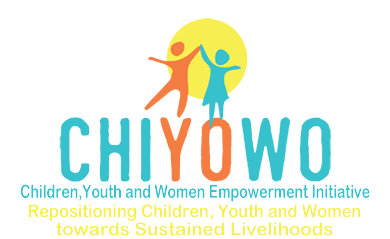
Let’s Advocate for Zero Hunger by ChiYoWo
The Sustainable Development Goal 2 promotes zero hunger. The target is to end world hunger along with malnutrition by the year 2030. Another target is to double the agricultural productivity and income of small-scale food producers. The UN says, “It is time to rethink how we grow, share and consume our food.”
In Nigeria, there are 4.5 million that are in need of food assistance with hard to access regions like the Borno and Yobe states being considered to be in a severe food crisis, some even saying conditions are famine like. There are an estimated 244,000 children that are suffering from acute malnutrition. If treatment is not provided soon, 49,000 children are at risk of dying.
Unfortunately, hunger is becoming more and more common around the globe. Let’s take a quick look at some quick facts provided by the UN.
- Globally, one in nine people in the world today (795 million)are undernourished.
- The vast majority of the world’s hungry people live in developing countries, where 12.9 percent of the population is undernourished.
- Poor nutrition causes nearly half (45 percent) of deaths in children under five – 3.1 million children each year.
- 66 million primary school-age children attend classes hungry across the developing world, with 23 million in Africa alone.
- In sub-Saharan Africa, projections for the 2014-2016 periods indicate a rate of undernourishment of almost 23 per cent.
These horrific and alarming facts are only a brief look into what hunger is doing to people all over the globe. It is time for all of us to come together and commit to the eradication of hunger.
To get more information and the Sustainable Development Goals please visit: https://sustainabledevelopment.un.org
For information and facts about hunger as well as how you can help in the fight against hunger please visit:
https://www.unicef.org/nutrition/
https://www.un.org/zerohunger/
Sources
[1.] United Nations – http://www.un.org/sustainabledevelopment/hunger/ [2.] World Food Programme – https://www.wfp.org/emergencies/nigeria


